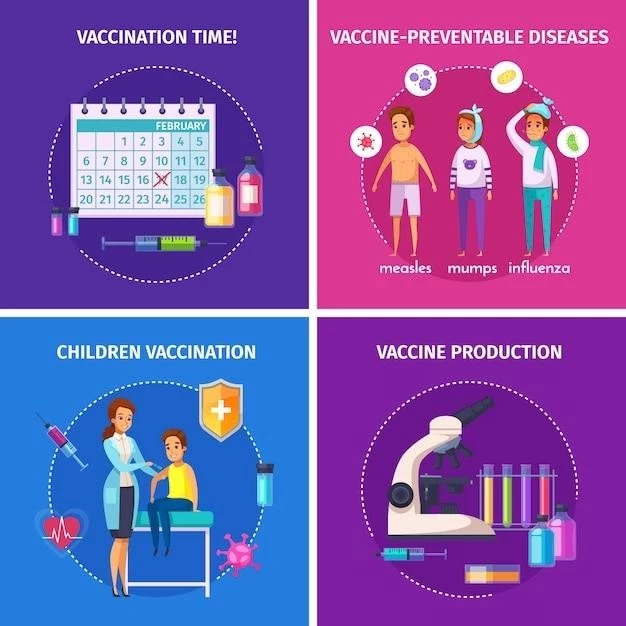Overview of Stills Disease
Adult-onset Stills disease (AOSD) is a form of Stills disease, a rare systemic autoinflammatory disease characterized by the classic triad of fevers, joint pain, and a distinctive salmon-colored bumpy rash. The disease is considered a diagnosis of exclusion. 1 Levels of the iron-binding protein ferritin may be extremely elevated ...
Definition and Characterization
Adult-onset Stills disease (AOSD) is a rare systemic autoinflammatory disease characterized by the classic triad of fevers, joint pain, and a distinctive salmon-colored bumpy rash. The disease is considered a diagnosis of exclusion. Levels of the iron-binding protein ferritin may be extremely elevated. Management includes evidence-based recommendations by experts in rheumatology.
Adult-Onset Stills Disease
Adult-onset Stills disease (AOSD) is a rare autoimmune condition affecting adults. Symptoms include fevers, rash, joint pain, and organ inflammation.
Clinical Presentation
Adult-onset Stills disease typically presents with symptoms such as high spiking fevers, salmon-colored rash, joint pain, and possible organ inflammation. Management includes anti-inflammatory medications and close monitoring of symptoms.
Diagnosis and Differential Diagnosis
Diagnosing adult-onset Stills disease involves ruling out other conditions with similar symptoms. Laboratory tests may show elevated levels of ferritin and other inflammatory markers.
Diagnostic Criteria
Diagnosing adult-onset Stills disease typically involves considering clinical symptoms such as recurrent fevers, joint pain, rash, and elevated ferritin levels. It is crucial to rule out other conditions with similar presentations through laboratory tests and imaging studies.
Treatment for adult-onset Stills disease typically involves anti-inflammatory medications, such as nonsteroidal anti-inflammatory drugs (NSAIDs), corticosteroids, and disease-modifying antirheumatic drugs (DMARDs), to manage symptoms and reduce inflammation.
Treatment Approaches
There are various medication options to treat adult-onset Stills disease, including nonsteroidal anti-inflammatory drugs (NSAIDs), corticosteroids, disease-modifying antirheumatic drugs (DMARDs), and biologic therapies. These medications help manage symptoms and reduce inflammation to improve the patient’s quality of life.
Managing adult-onset Stills disease involves evidence-based recommendations by experts, aiming to control symptoms and improve quality of life through personalized treatment plans.
Management of Adult-Onset Stills Disease
Evidence-based recommendations by experts guide the management of adult-onset Stills disease, focusing on personalized treatment plans to improve symptoms and enhance the patient’s quality of life.
Understanding the long-term outlook and potential complications of adult-onset Stills disease is crucial for managing the condition effectively and ensuring the best quality of life for patients.

Prognosis and Complications
Understanding the long-term outlook and potential complications of adult-onset Stills disease is essential for managing the condition effectively and ensuring the best quality of life for patients.
Pathogenesis and Etiology
Understanding the causes of adult-onset Stills disease involves examining the pathogenesis of this rare systemic autoinflammatory condition that presents with fevers, joint pain, and distinctive rashes.
Understanding the Causes
Adult-onset Stills disease is a rare auto-inflammatory condition with unknown etiology, characterized by spiking fevers, rash, arthritis, and multiorgan involvement. The exact cause of the disease remains unclear but may be associated with polygenic factors and immune dysregulation.

Research and Advances in Stills Disease
Recent developments in research on adult-onset Stills disease focus on understanding the pathogenesis, clinical features, diagnosis, biomarkers, disease course, prognosis, and treatment options, providing valuable insights and advancements in managing this rare systemic autoinflammatory condition.
Recent Developments
Recent developments in research on adult-onset Stills disease have focused on advancing the understanding of its pathogenesis, clinical features, diagnosis, biomarkers, disease course, prognosis, and treatment options to enhance patient care and outcomes.
